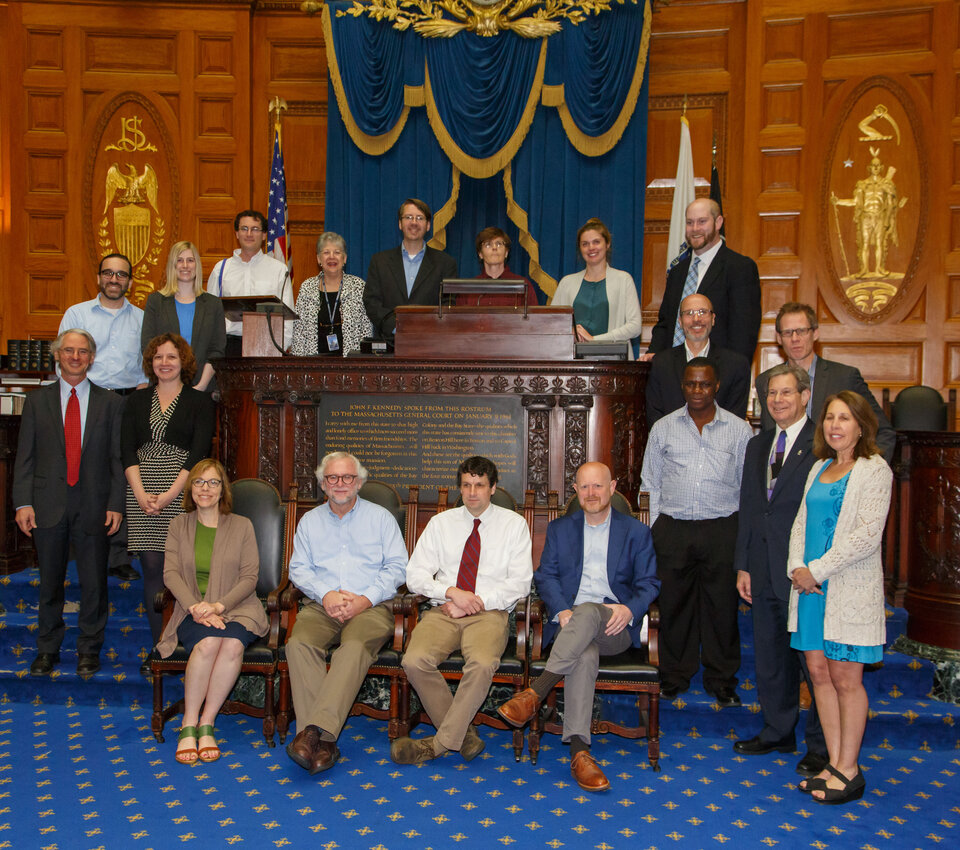Program Components

The ENACT program comprises three primary components: Courses taught at institutions of higher education across the country; a weeklong institute to train incoming faculty fellows; and an online network to support participants in their work.
ENACT Courses
ENACT courses are designed to teach students, through coursework and hands-on experience, about participating in the legislative and political advocacy process at the state level.
These courses take many forms, depending on the expertise of the faculty member teaching them, the composition of the student body and a school's level of access to its state capital. The Advocacy for Policy Change course at Brandeis University offers one model, but ENACT fellows bring their own creativity and innovation to their offerings.
An ENACT course may be a new course, a supplement to an existing course or an adaptation of or enhancement to an existing course.
Required Components of ENACT Courses
-
Credit-bearing.
-
Undergraduate students comprise the majority of the class.
-
Not restricted to honors program or any other track.
-
Substantial in-person work with state house employees and community organizations.
-
Experiential in nature, even if it does not fit school-based definitions for experiential or internship credit.
-
Participation in an online national network by the professor, assistant teachers and students.
ENACT Institute
The ENACT Institute is a five-day program where newly elected faculty fellows gain the skills and knowledge necessary to establish and lead an ENACT course on their home campus.
The institute is led by ENACT's academic director, Melissa Stimell, with support from current faculty fellows, who share their experiences and best practices during a series of interactive workshops. New fellows also have the opportunity to meet with state legislators, legislative aides and community activists; network with alumni of the program; and join the ENACT online network of faculty, students, activists and legislators who provide support and serve as a resource throughout the program.
By the end of the weeklong institute, fellows will have developed the broad outlines of an ENACT course that meet the following learning goals for their students:
- Knowledge: Develop critical awareness of the gap between the actual legislative process and theoretical or popular descriptions; distinguish legislative perspectives from related concerns; identify the complex roles of the citizen advocate.
- Skills: Increase oral and written facility in expressing arguments under political constraints; synthesize and evaluate information from diverse sources representing competing philosophies; create models of solving challenging problems of social justice through legislative means.
- Justice: Grasp the challenges of achieving justice through legislation; test one's own justice commitments against current state and national problems; compare justice arguments over time; contribute to the creation of a just society through legislative means.
ENACT Network
The ENACT Network is a national network of students, faculty, community activists and legislators that serves as an ongoing resource for those working in state-level legislative engagement. The network is based online but provides opportunities for in-person meet-ups within states, within regions and nationally.